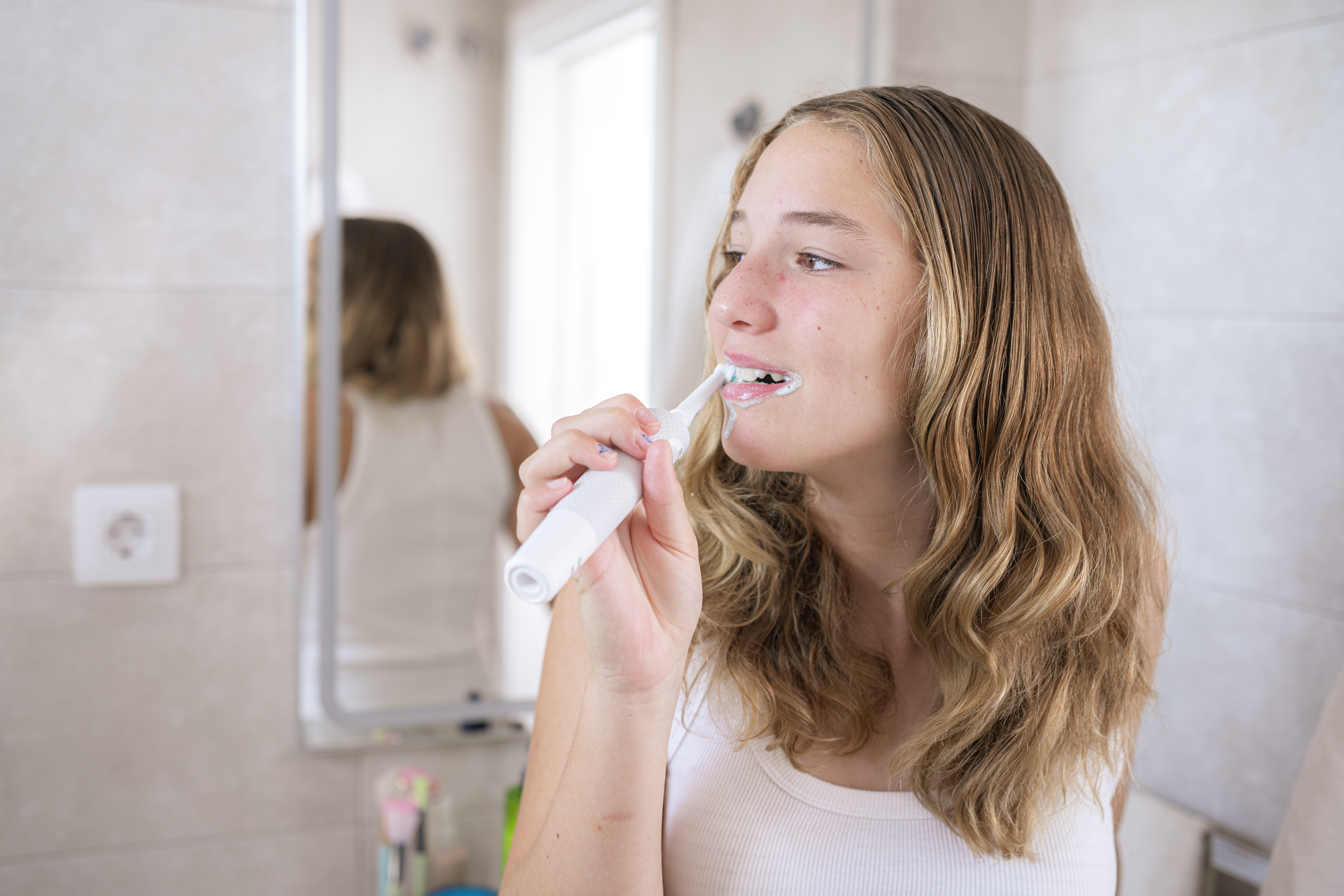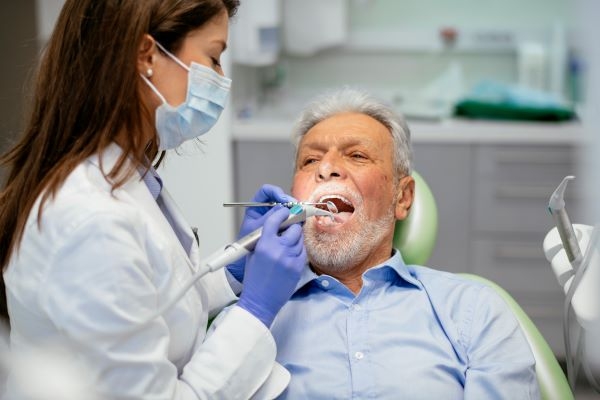-
When Grace Jones sang “love is the drug” in her 80’s hit, she wasn’t actually all that far from the truth. It turns out that the feeling we know as love is actually an irresistible cocktail of hormones and chemicals that result in feelings characterized by exhilaration, intrusive thinking or obsessive thoughts and desire for emotional union. Intense!
So what actually happens to our brains when we fall in love? Whilst falling in love is not an exact science, and we still don’t know enough to draw firm conclusions about every piece of the puzzle, many of the feelings we experience when falling in love can be traced back to your brain.
MORE: How learning your "love language" can enrich your relationship
Stage one – lust
Driven by sex hormones testosterone and oestrogen, lust is indicative of our need to reproduce. Lust is controlled by the endocrine system: whilst parts of the hypothalamus prime the body for sex, steroid hormones increase sexual desire.
Stage two – attraction
This is what is often described as the ‘honeymoon period’. Your mind is consumed by thoughts of your partner. You might lose appetite and even need less sleep. But what makes us feel this way?
At this stage it’s a trio of neuro – transmitters called ‘monoamines’ that take over:
- Dopamine: when you meet someone new your dopamine levels surge giving you that ‘butterflies in the stomach’ thrill when you see your new love. This also creates an intense craving to be around them. Dopamine is also activated by drugs such as cocaine and nicotine so no wonder some people say they feel addicted to love!
- Norepinephrine: more commonly known as ‘adrenalin’, this amps up to set your heart racing and your palms sweating. It’s also associated with euphoria and increases emotional dependency.
- Serotonin: At this stage your serotonin levels actually drop which cranks up your desire. It’s thought that the increase in testosterone as you fall in love can suppress your serotonin.
MORE: How alcohol affects your brain
Stage three – attachment
It's easy to see how the attraction stage isn’t sustainable. After time the attachment stage kicks in to form a long lasting bond.
This stage is ruled by hormones released by your nervous system:
- Oxytocin is released by the hypothalamus gland during child birth and cements the strong bond between mother and child. It’s also released by both sexes during orgasm. Promoting bonding, this hormone deepens your connection each time you are intimate.
- A hormone called corticotropin-releasing factor (CRH) promotes partner attachment but may also risk causing depression and anxiety. So that feeling you get when you are separated from your partner may well come down to this.
- A molecule called vasopressin is released. Linked to territorial behaviour this molecule can, in healthy relationships, increasing feelings of loyalty and causing people to feel protective of their partners whilst promoting fidelity.
- In addition, serotonin levels return to normal creating a trusting and less needy attachment.
The science of falling in love

-
Do you need an electric toothbrush?
Which toothbrush scrubs up best?
-
Dietitian, nutritionist or naturopath: What’s the difference?
Who should you see for professional dietary advice?
-
5 ways to eat healthy while travelling
Come home feeling refreshed, fit and energised.
-
How often should you get your teeth cleaned?
We spoke to Medibank Members’ Choice Advantage dentist Dr Jonathan Cichero to find out.
-
Daily habits for good oral health
Do you really need to floss? Is an electric toothbrush better than a manual one? Find out which habits to make (and which ones to break) for better oral health.
-
How to conquer your fear of the dentist
Dr Merrilyn Hooley's tips for a less stressful dental appointment.
Subscribe to receive the best from Live Better every week. Healthy recipes, exercise tips and activities, offers and promotions – everything to help you eat, move and feel better.
By clicking sign up I understand and agree to Medibank's privacy policy






